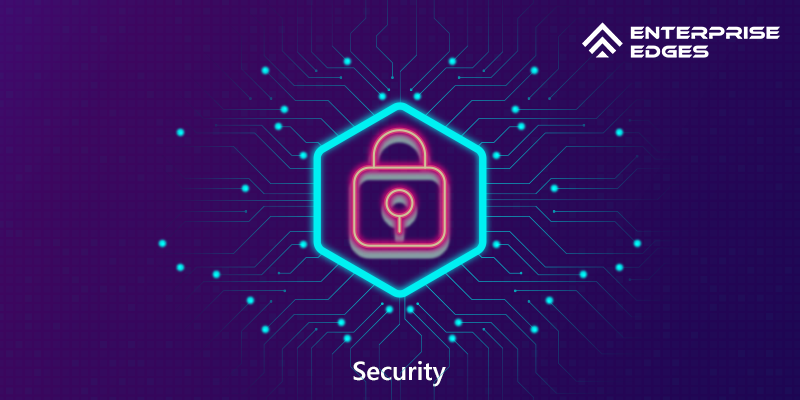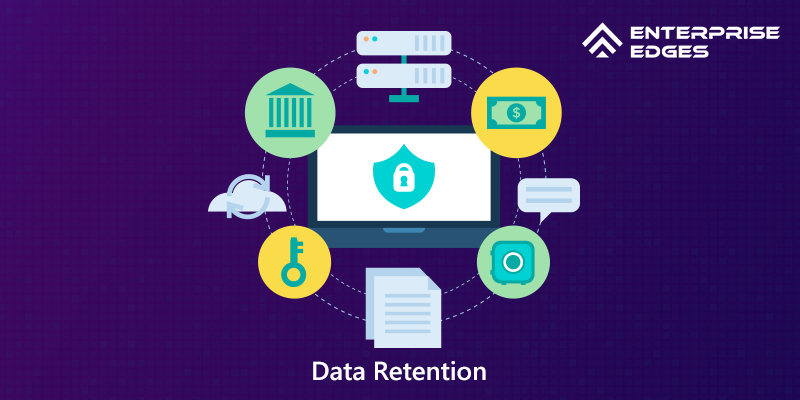What Is Blockchain Technology?
A blockchain is a digital ledger of transactions. The name comes from its structure, in which individual entries, known as blocks, are linked together in a single list known as a chain. Blockchains are used to keep track of transactions involving cryptocurrencies such as Bitcoin, but they also have a diverse range of other applications.

In a nutshell, Blockchain is a means of managing and storing information in such a way that it is difficult or impossible to edit, hack, or defraud the network. A blockchain is essentially a digital transaction record that is replicated and transmitted across the blockchain’s complete network of computer systems.
Using (Switching To) Blockchain Technology
Banking industries are transitioning from conventional security methods to high-tech security. The industry has started exploring blockchain technology by duplicating current asset transactions on the blockchain. Although, this leaves some scope for the blockchain solution’s efficiency.
In terms of infrastructure, a Blockchain is an open-source software meant to facilitate the real-time movement of digital assets among market players. Using any of the blockchain APIs chosen, one may demonstrate a significant reduction in asset transaction fees and timeframes.
What Are Some Advantages Of This Technology?
1. Instant Transactions
Assets in the blockchain network are moved through ledger entries, which allows for near-instant transactions. Bank transfer authentication and execution can take many days, however, modern technology can reduce the time to a few hours or even minutes.
As a result, financial institutions can shorten the time required to settle transfers by utilizing blockchain technology and banking systems. With the advancement of blockchain technology, transfers will become immediate and real-time.
2. Security

Shared ledgers can help banks with securing transaction data more efficiently. For starters, they will finish a transaction fast, reducing the possibility of someone recording transaction details or redirecting cash. Each transaction has two security keys.
A public key is accessible to all users, whereas a private key is disclosed only by the parties to a given transaction. Once a transaction’s information has been confirmed, it cannot be changed.
3. Reduced Infrastructure Costs
Blockchain technology can lower overall infrastructure costs for banks. Smart blockchain settlements can reduce the amount of money spent on middlemen while also lowering maintenance and execution costs.
Another advantage of this approach is that no mediators will be required for managing and executing bank-to-bank transactions. Blockchain enables rapid and secure payments between two parties without the need for third-party intervention.
4. Data Retention

Advanced blockchain technology can retain any data and information and allow it to be accessed according to predetermined rules and restrictions.
Smart contracts are a type of technology that automatically validates and implements contracts. By transferring banking data to shared ledgers, the data gains the benefits of blockchain.
5. Auditing
Blockchain is characterized by its irreversibility. Furthermore, any data collected leaves a detailed audit trail and can be tracked and monitored anytime. This technology helps in dealing with problems and in coordinating with other market players easier.
If regulatory bodies and central banks have access to the system as well, it may be considerably easier to track the market and correct any problems that arise in a fast and accurate way.
6. Reduced Errors
Banks will profit from blockchain by minimizing fraud and misappropriation of firm assets with accountability. Banks will no longer have to fret about substantial errors with digitally created transactions.
They will not have to be concerned about critical information being faked. Because blockchain makes all transactions easier to examine and confirm, banks will be able to conduct transactions more precisely and routinely.
7. Transparency

It is a phrase that is frequently connected with blockchain technology since transactions are recorded promptly and can be tracked by any member of the network. While openness is an enormous benefit, many users see it as a threat. As a result, technology has implemented a set of privacy safeguards, such as
Cryptocurrencies that prioritize privacy. Zero-Knowledge Proof Technology is a type of zero-knowledge verification technology. It can verify a user’s info without releasing it. Transactions that are kept private.
This system is based on homomorphic encryption and allows for the concealment of transfer quantities. The Enigma network and protocols enable data encryption.
8. Improved Profits
Banks will profit from blockchain as well, thanks to improved compliance. They can grant access to the blockchain to auditors and public officials. With this access, auditors and the government can observe business transactions in real-time.
Banks can also detect questionable transaction behavior and make the auditing process more efficient. Financial organizations can now supply easily accessible digital information and save hours throughout the auditing process.
Conclusion
It is the most secure method of avoiding fraud, money laundering, and scams. Blockchain will spread tremendously to the financial industry in the near future. In addition, the sector is looking into the exponential use of Blockchain instances. Blockchain isn’t only about Bitcoin; there’s a lot more to it that has yet to be discovered.
